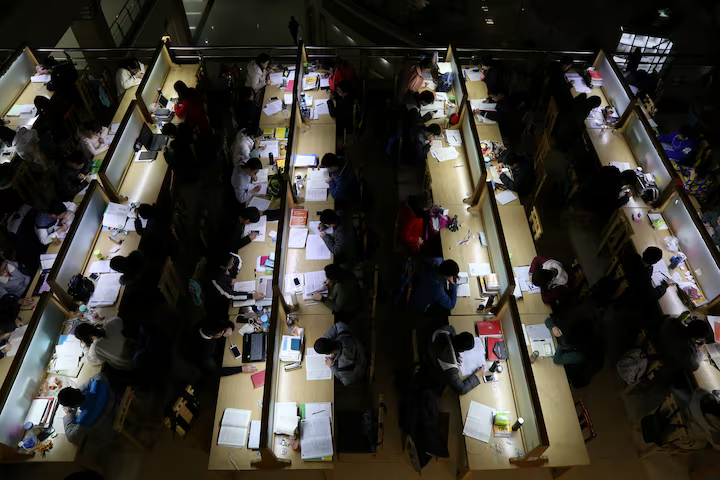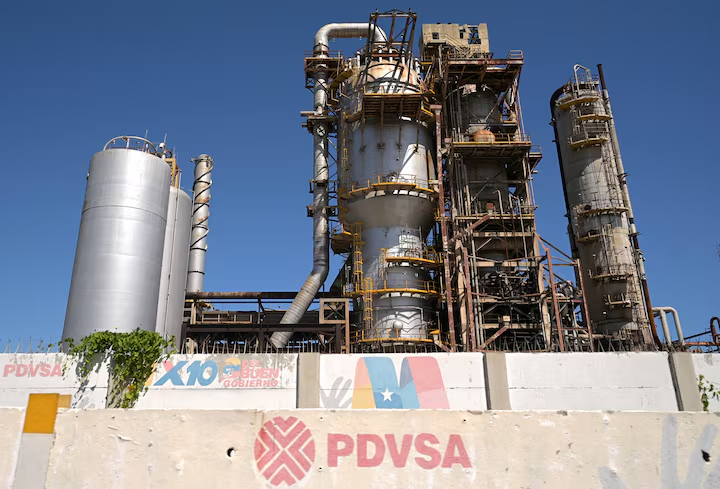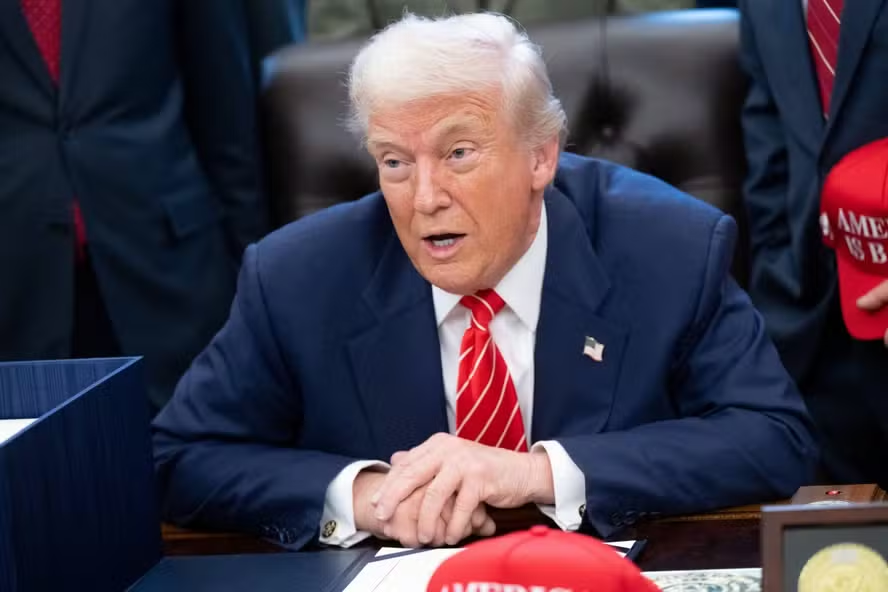Arbitration, as a form of dispute resolution outside the traditional court system, is often chosen for its efficiency, expertise, and purported neutrality. However, concerns have been raised about whether arbitration is inherently biased against emerging markets. These markets, seeking to attract foreign investors, may find themselves entangled in disputes where the power dynamics in arbitration could be skewed in favor of developed countries and seasoned investors.
The heart of the matter lies in the representation and appointment of arbitrators, the interpretation of international law, and the enforcement of arbitration awards. In investment treaty arbitration, where states and foreign investors lock horns, the stakes are particularly high. Developing countries argue that the system is predisposed against them, citing instances where arbitration panels have been criticized for a supposed lack of understanding of the economic realities within emerging markets.
Furthermore, the trend in arbitration polemic and the shift in sentiment amongst some developing nations signify a growing unease with dispute resolution mechanisms as they currently stand. Often, these countries are faced with the challenge of proving that the process is fair and unbiased while also safeguarding their interests against more influential and seasoned players in the international arena.
The Arbitration Process and Its Applicability to Emerging Markets
The arbitration process plays a vital role in facilitating international business, providing a framework for resolving disputes that can impact emerging markets significantly.
Understanding International Arbitration
International arbitration is a process where parties from different jurisdictions agree to resolve their disputes outside traditional court systems. It often serves as a neutral ground, particularly for emerging markets, where local courts may be viewed as partial or lacking the expertise in complex international commercial or investment issues. Investment arbitration, a subset of international arbitration, specifically addresses disputes between foreign investors and sovereign states, and hinges on the fair treatment and protection of investments.
Arbitration Clauses in Contracts
Arbitration clauses are contractual agreements to arbitrate disputes rather than litigate in court. Such clauses must be carefully crafted to ensure clear terms of engagement, including the seat of arbitration, rules applying to the proceedings, and the method for selecting arbitrators. For emerging markets, these clauses provide a mechanism to attract foreign investment by offering investors a reliable and enforceable method for dispute resolution.
Investment Protection through Arbitration
Investment treaty arbitration can safeguard investments through bilateral or multilateral agreements, such as the North American Free Trade Agreement (NAFTA) or the Energy Charter Treaty. These treaties often include provisions for arbitration, ensuring that investors in emerging markets have a recourse to an impartial forum for their grievances. Effective investment protection is crucial as it underpins the confidence of investors in emerging markets, which in turn stimulates economic growth.
Evaluating the Claims of Bias in Arbitration
Claims of bias in arbitration, especially within the context of international disputes involving emerging markets, are critical concerns that affect the credibility and reliability of the arbitration process. These claims challenge the notion of arbitration as a neutral dispute resolution mechanism. The following subsections will examine how these claims manifest in investment treaty arbitration and the enforcement of arbitral awards.
Investment Treaty Arbitration and Emerging Markets
Investment treaty arbitration is a prevalent form of international dispute settlement where private investors may bring claims against states under international investment agreements. Concerns have been raised about the potential for bias against emerging markets, as developed states are often seen as wielding more influence. The claims suggest a disparity in how arbitrators may view cases from these markets, possibly attributing a higher risk profile and lower credibility to them, thereby affecting the neutrality of the adjudication process.
Award Enforcement and Perceived Biases
Upon the conclusion of arbitration proceedings, the enforcement of awards can be another point of contention. Enforcement issues can arise from the perceived biases of the system, possibly leading to the view that decisions are less likely to be enforced against powerful entities or in jurisdictions with more developed legal systems. This perspective suggests an imbalanced power dynamic, where the capability to enforce or resist enforcement may be unevenly distributed, undermining the principle of fairness central to arbitration.
Please note that the content above, in adherence to the instruction not to use Markdown footnote formatting or reference-style links, does not contain clickable links. The description, however, demonstrates how keyword-rich anchor text would be integrated with relevant URLs in an actual article.
Impact of Political and Economic Shifts on Arbitration
In the context of international arbitration, political and economic shifts, particularly during periods such as the COVID-19 pandemic, have had profound implications. These shifts influence the behavior of states and investors, with substantial effects on the fairness and outcomes of arbitration proceedings.
The Role of International Treaties During the Pandemic
During the pandemic, international treaties faced unprecedented stress, affecting arbitration related to foreign investment disputes. The response to COVID-19 saw states enacting emergency measures, some of which were challenged by investors as treaty violations under international investment agreements (IIAs). For instance, claims related to the protection of foreign investments during government-imposed lockdowns tested the balance between public welfare and investor rights. Specific cases cited in investor-state arbitration highlight the tension between public health measures and the perceived assurances offered to investors through international treaties.
Macroeconomic Changes and Emerging Market Investments
The pandemic-induced macro environment shifts significantly altered the landscape for emerging market investments. Macroeconomic instability led to a reassessment of risk and potential rebalancing of investment portfolios. Investment arbitration tribunals had to navigate a landscape where states justified regulatory changes as responses to economic turmoil, while investors might see these as indirect expropriation or unfair treatment. These shifts had the potential to sway perceptions of bias in arbitration against emerging markets, with developing nations arguing for a fundamental change in arbitration to reflect the new economic realities.
Legal Framework and Best Practices for Investors
In the realm of global investment, investors need to navigate the complexities of international treaties and engage in thorough due diligence to secure their positions in emerging markets. The legal framework governing these investments plays a pivotal role in the level of protection an investor can expect, and understanding these nuances is crucial.
Navigating International Investment Agreements
International Investment Agreements (IIAs) are the cornerstone for investors seeking to protect their assets in foreign territories. It is imperative that investors comprehend the scope and coverage of these agreements, which typically encompass protections against expropriation, fair and equitable treatment, and access to dispute resolution mechanisms like arbitration. Each IIA is subject to negotiation and varies between countries; hence knowing the specifics can greatly influence the investment strategy and risk assessment.
When investing in emerging markets, investors must stay current with the policies of the host country to utilize the benefits of IIAs effectively. Understanding most-favored-nation clauses and ensuring transparency in how these markets implement international law will help in evaluating the level of investment treaty protection.
Due Diligence and Investment Structuring
Before committing capital, conducting exhaustive due diligence is non-negotiable. This process identifies potential legal, financial, and operational risks associated with the investment, which are often magnified in emerging markets. Assessing the regulatory environment, market stability, and the potential for sudden political changes can influence investment outcomes.
Investment structuring is another critical facet. One must design the investment to optimize treaty protections, such as routing investments through jurisdictions with favorable treaties in place. This strategy enhances the legal protections and may provide a clear path to investment arbitration if disputes arise. By having a structured approach that considers the full spectrum of possible legal challenges, investors can mitigate the risks intrinsic to emerging markets.
Employing best practices in legal framework understanding and investment structuring, alongside rigorous due diligence, are indispensable steps for any investor targeting emerging markets. This approach provides a better grasp of the intricate landscape that is international investment and, by extension, furnishes a layer of security against biases potentially inherent in the arbitration process.
Innovations in Arbitration and Future Outlook
Arbitration is evolving with the integration of new technologies and trends, reshaping its future and potentially altering its perception in developing markets.
Technology’s Role in Modern Arbitration
Technology has significantly impacted investment arbitration infrastructure, introducing tools for more effective communication and information management. E-arbitration and online dispute resolution have become pivotal, enhancing transparency and efficiency in arbitral proceedings. The telecommunications sector, in particular, has seen an uptick in disputes resolved through tech-assisted arbitration, where videoconferencing and digital document handling are now commonplace.
Emerging Trends in Dispute Resolution
The rise of autonomous vehicles has presented novel legal challenges, urging arbitration bodies to adapt and create specific protocols for this burgeoning industry. Technology has paved the way for more sophisticated investment arbitration infrastructure, accommodating the complex technicalities associated with these advanced machines. Future dispute resolution mechanisms might employ artificial intelligence to aid in evidence analysis and decision-making, potentially reducing the cognitive biases against developing markets.








